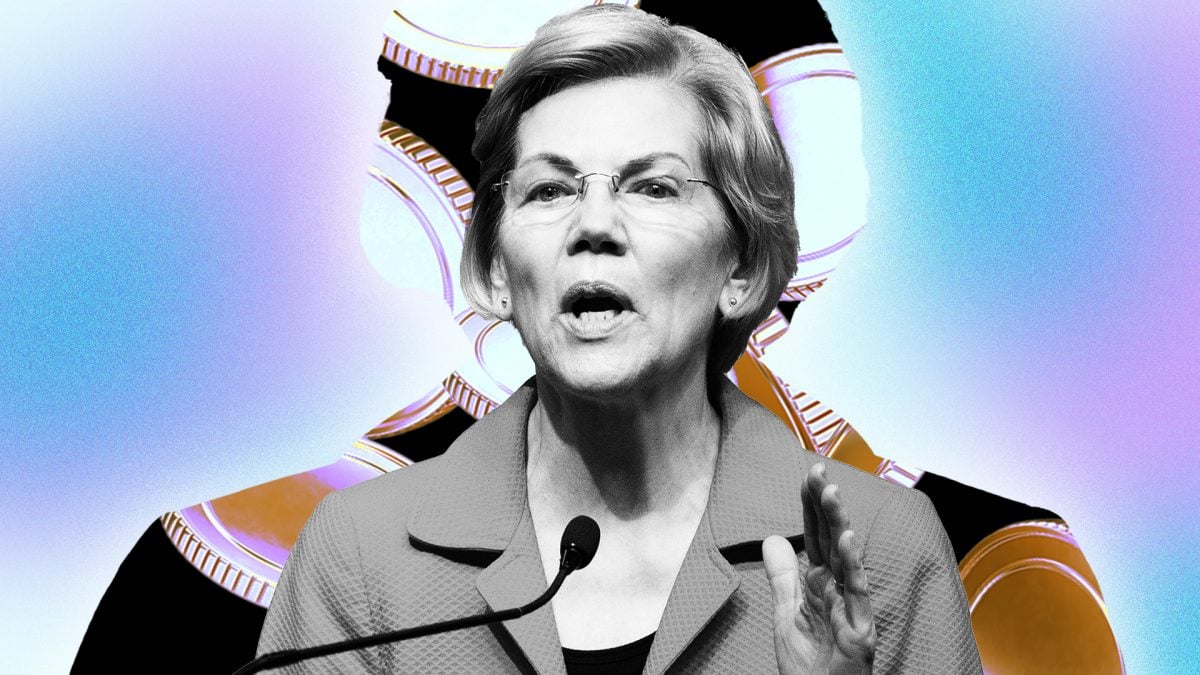US Senator Elizabeth Warren has thrown down the gauntlet to the cryptocurrency industry, stating her willingness to work together but under one major condition: the collaboration must adhere strictly to the rules that govern traditional finance. Warren made the statement during a Bloomberg interview, where she expressed her desire to work with the crypto sector but highlighted her confusion over the industry’s seeming insistence that its survival depends on providing leeway for criminal activities such as drug and human trafficking, terrorism, ransomware scams, and consumer fraud.
Warren’s critique of crypto is not new. She has consistently stated her concerns over the risks it presents, akin to those in the traditional financial system, including money laundering, terrorism financing, fraud, and sanctions evasion among others. Her recent legislative efforts aim to tighten the reins on these risks.
As of right now, anti-money laundering rules only apply to standard financial institutions like banks, credit cards, and stockbrokers. Warren has proposed a bill that would apply these rules to the crypto sector, especially to miners, transaction validators, and digital wallet providers. The Senator believes that the crypto industry should not be exempt from the regulations that traditional finance entities must follow.
The bill, dubbed as the “Digital Asset Anti-Money Laundering Act,” seeks to align the cryptocurrency business with the Bank Secrecy Act by requiring customer due diligence, among other steps. Warren thinks that these procedures are necessary for establishing a level playing field inside the financial system, which transfers billions of dollars every day. She adds that the measure is about law enforcement rather than adding new regulatory frameworks, with the goal of ensuring that current laws are properly executed in the cryptocurrency sector.
Interestingly, Warren strongly denied claims that her proposed regulations would endanger the survival of the crypto industry, arguing instead for the necessity of these measures to protect the financial system and its participants from high-risk activities.





